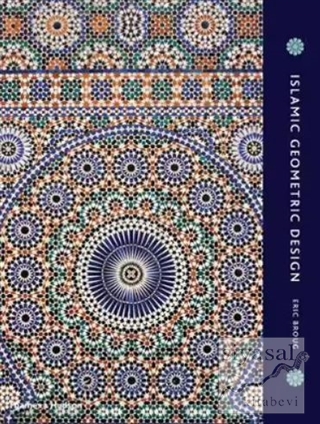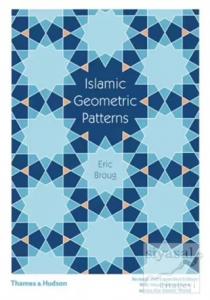
Islamic geometric designs are admired worldwide for their beauty and marvelous intricacy, yet they are seldom understood. In this handsomely illustrated volume, Eric Broug analyzes and explains these complex designs in their historical and physical context.
Broug shows how, over the centuries, craftsmen were able to adorn buildings with wonderful geometric patterns using the simplest of tools and without recourse to mathematical calculations. Design elements created from straight lines and circles were placed in grids and then repeated and varied to generate seemingly limitless arrays of breathtaking patterns.
Chapters are devoted to each of the main families of geometric design—fourfold, fivefold, and sixfold—and to the complex combined patterns. Readers can follow the design processes by which these patterns were created and even learn to reproduce and invent geometric patterns for themselves. Broug's original drawings accompany photographs of mosques, madrasas, palaces, and tombs from the Islamic world, ranging from North Africa to Iran and Uzbekistan, and from the eighth to the nineteenth centuries.
Islamic geometric designs are admired worldwide for their beauty and marvelous intricacy, yet they are seldom understood. In this handsomely illustrated volume, Eric Broug analyzes and explains these complex designs in their historical and physical context.
Broug shows how, over the centuries, craftsmen were able to adorn buildings with wonderful geometric patterns using the simplest of tools and without recourse to mathematical calculations. Design elements created from straight lines and circles were placed in grids and then repeated and varied to generate seemingly limitless arrays of breathtaking patterns.
Chapters are devoted to each of the main families of geometric design—fourfold, fivefold, and sixfold—and to the complex combined patterns. Readers can follow the design processes by which these patterns were created and even learn to reproduce and invent geometric patterns for themselves. Broug's original drawings accompany photographs of mosques, madrasas, palaces, and tombs from the Islamic world, ranging from North Africa to Iran and Uzbekistan, and from the eighth to the nineteenth centuries.





















